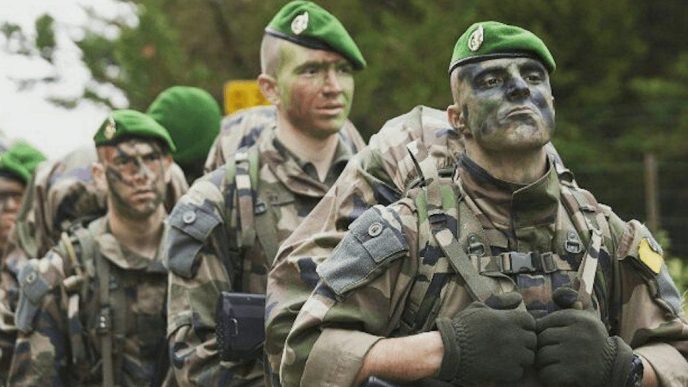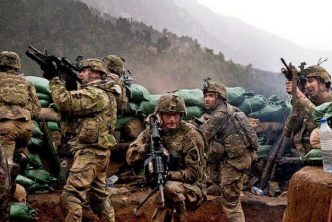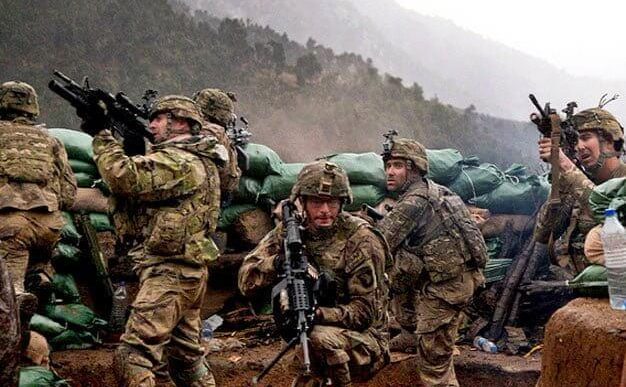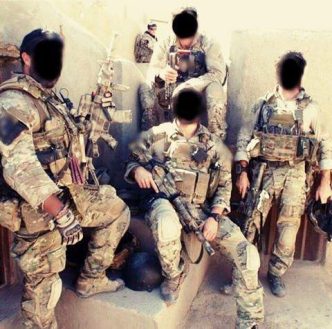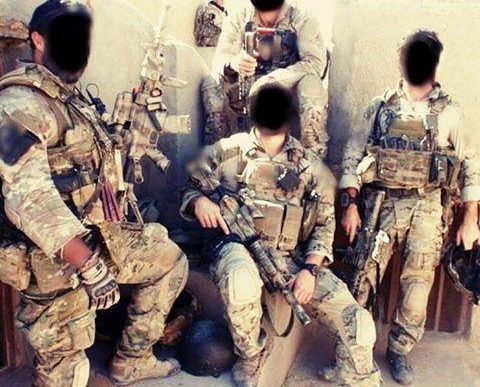The French Foreign Legion is the only unit of the French Army open to people of any nationality. It is exclusively composed of men – women are not permitted to join. While most members of the Foreign Legion come from European countries, a growing percentage comes from Latin America. Most of the Foreign Legion’s commissioned officers are French, with about 10% being former legionnaires who have risen through the ranks.
Introduction
The legend of life in the French Foreign Legion has long been shrouded in mystery, making it difficult to distinguish fact from fiction. However, this mystique has also been the Legion’s best recruitment tool. Those seeking firsthand information on what to expect if they join the French Foreign Legion’s military lifestyle may be disappointed and make an expensive, uninformed decision.
Joining the French Foreign Legion is a quest that requires a strong motive and will to endure the challenges that await. To join the FFL and meet their enlistment standards, the first step is to visit one of their recruiting centers in France. Once you arrive at the center, you should approach the soldier guarding the base and explain your purpose. They will then escort you to the recruitment office.
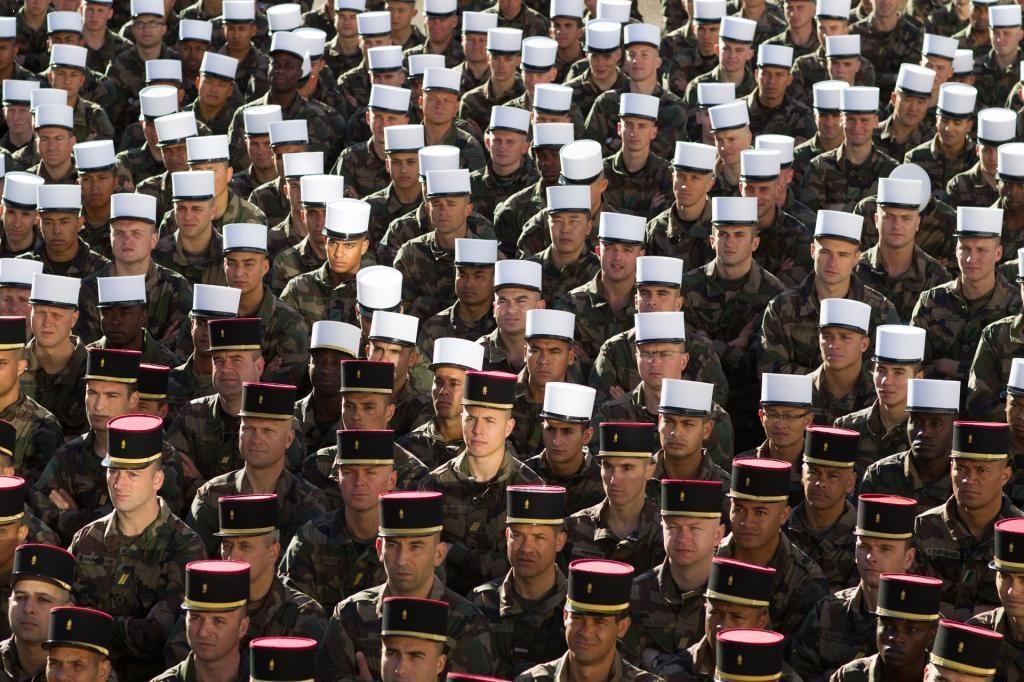
Upon arrival, you will be provided with necessary clothing and accommodations as you undergo tests and evaluations to determine if you meet the general and special conditions for access to French Foreign Legion training. This is the first step towards becoming a legionnaire, and in the following days, you will also need to learn and adhere to the FFL code of honor. This article provides all the information you need to join the French Foreign Legion successfully.
- Preselection is carried out in our recruiting offices throughout France
- Selection is carried out in Aubagne near Marseille :
- psycho-technical tests
- medical tests
- sports tests (Luc-leger “navette”)
- If your candidature is upheld, the first contract is a minimum of 5 years.
- Successive contracts are for six months and up to 5 years.
- You must be on successive contracts for six months (for minors under 18, parental consent is required on a form available in French Gendarmeries or Embassies outside France)
- Whatever your marital status is (single, married, divorced..), you will be enlisted as a single man.
- You must have a valid ID.
- You must be physically fit to serve at all times and places.
If you want to join the French Foreign Legion, the next step is preselection.
Preselection
The preselection process for the French Foreign Legion typically takes place at their recruiting offices in France, while the main selection process is conducted in Aubagne, near Marseille. This is where potential candidates for the French Foreign Legion undergo various psychological and physical tests, medical evaluations, and sports tests (such as the Luc-Leger “shuttle run”). If they pass these tests, they will begin their journey as a member of the French Foreign Legion.

If you are fit enough to pass all tests and the French Foreign Legion accepts your application, the first contract you will sign will be for a minimum of five years. You can renew your contract for six months to five years at the end of each term. There is also an option for a six-month contract during training (for those under 18 years, the consent of both parents is required, and the form can be obtained at the French embassy or Gendarmeries outside of France). However, this does not mean that you will immediately become a full-time legionnaire. The next step in your journey is basic training.
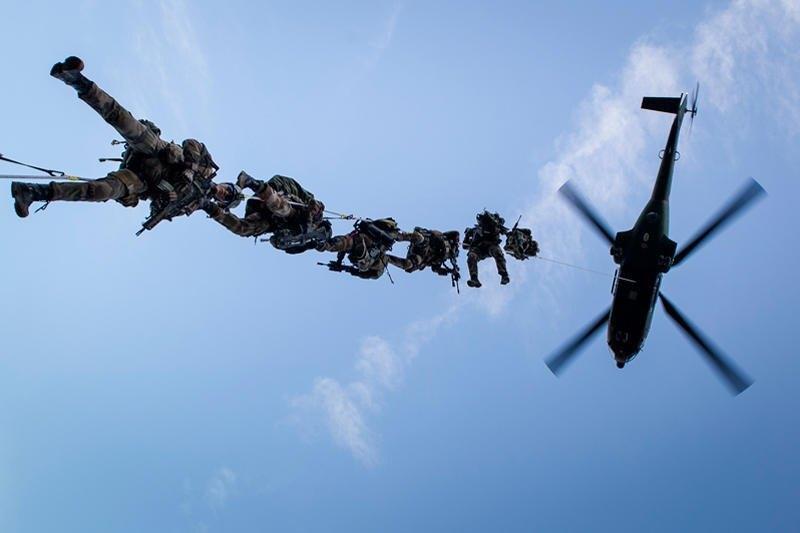
Basic requirements
Some of the basic requirements, in addition to those listed above and include the following three:
- You must have a valid ID (identification documents) – Passport or National Identity card, and all other documents you might need
- regardless of your marital status (single, married, divorced), will be logged as a single
- You must be physically fit to serve at all times and in all places
- Successive contracts are for six months (for minors under 18, parental consent is required on a form available in French Gendarmeries or Embassies outside France)
- Subsequent agreements are for six months, up to 5 years
Selection
Selection is carried out in Aubagne near Marseille :
- psycho-technical tests
- medical tests
- sports tests (Luc-leger “navette”)
If your candidature is upheld, the first contract is a minimum of 5 years. The course of the selection is available in the chart below.
| PHASE | Information | Duration |
|---|---|---|
S
E L E C T I O N | The French Foreign Legion Information Center | One day |
| Reception | Information | |
| Opening the files on the application | ||
| Preselection | 1-3 days | |
| The Foreign Legion recruiting center (Paris Aubagne) | ||
| Confirmation of motivation | Basic medical examination | Finalizing the paper application |
| The signing of the contract (5 years) | ||
| Selection | 1 to 10 days | |
| The center for the recruitment and selection of the French Foreign Legion in Aubagne, Marseille | ||
| Psychometrical testing: logical tests, no special knowledge needed | ||
| Medical Examination | Sports Tests | Motivational and security interviews |
| Personality test (related to psycho tests) | ||
| Selection | ||
| Signature and download the contract of service (5 years). | Seven days | |
| Incorporation |
Basic training
| PHASE | Basic training | Duration |
|---|---|---|
| F
O R M A T I O N | Introductory training. Introduction to military life. Outdoor and field activities. Brotherhood. In the tradition of the Foreign Legion. | Four weeks |
| March “Képi Blanc” and promotions. | One week | |
| Technical and practical training (field training) | Three weeks | |
| Mountaineering training (Chalet at Formiguière in the French Pyrenees) | One week | |
| Technical and practical training (field training) | Two weeks | |
| And obtaining elemental tests: technical certificate (CTE) | One week | |
| March, which marks the end of basic training | One week | |
| School management light trucks | One week | |
| Return to Aubagne before scheduling the regiment | One week | |
| Reporting to one of the 11 regiments |
Women in the French Foreign Legion
While the French Foreign Legion does not accept women into its ranks, one notable exception was Briton Susan Travers, who joined the Free French Forces during World War II and later became an honorary member of the Foreign Legion after serving in the Vietnam War. The Foreign Legion has also granted honorary membership to several individuals, including General Christian de Castries, Colonel Pierre Langlais, Geneviève de Galard (known as “The Angel of Dien Bien Phu”), Marcel Bigeard, and Norman Schwarzkopf Jr.
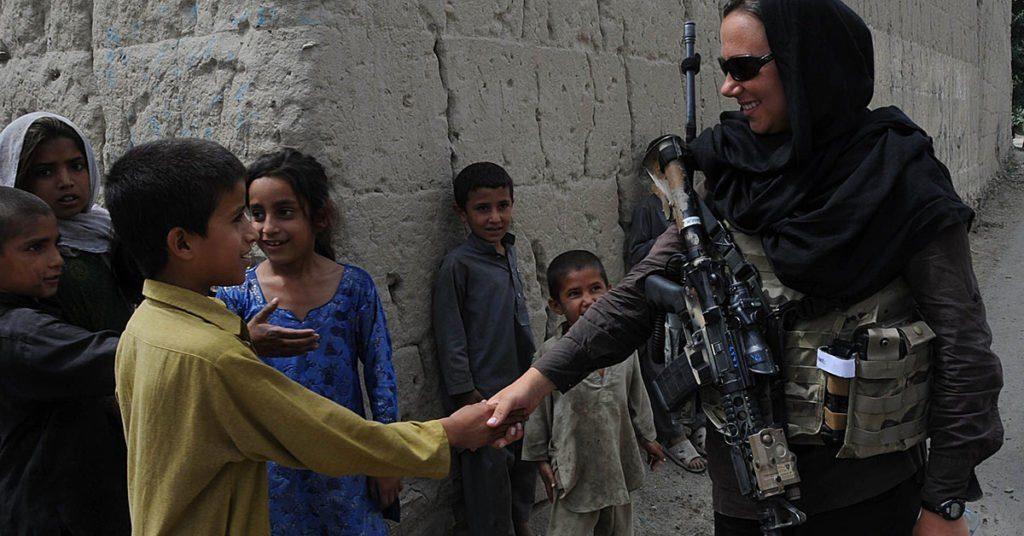
According to Neil Tweedie of The Telegraph, by 2008, many French Foreign Legion recruits were from middle-class backgrounds due to the improved conditions and increased professionalism within the organization. Tweedie reported that some non-commissioned officers in the Legion believed that the corps was becoming “a bit soft and girly.” Corporal Buys Francois, a South African legionnaire, claimed that the Legion was accepting recruits with university degrees and ex-husbands fleeing alimony and referred to these new entrants as “Generation PlayStation” due to their perceived softness.
Conclusion
If you have decided to join the French Foreign Legion, we wish you luck and a great experience. The life of a legionnaire will undoubtedly change your perspective and your life. The purpose of this article was to provide potential recruits with the information they need to make an informed decision.


